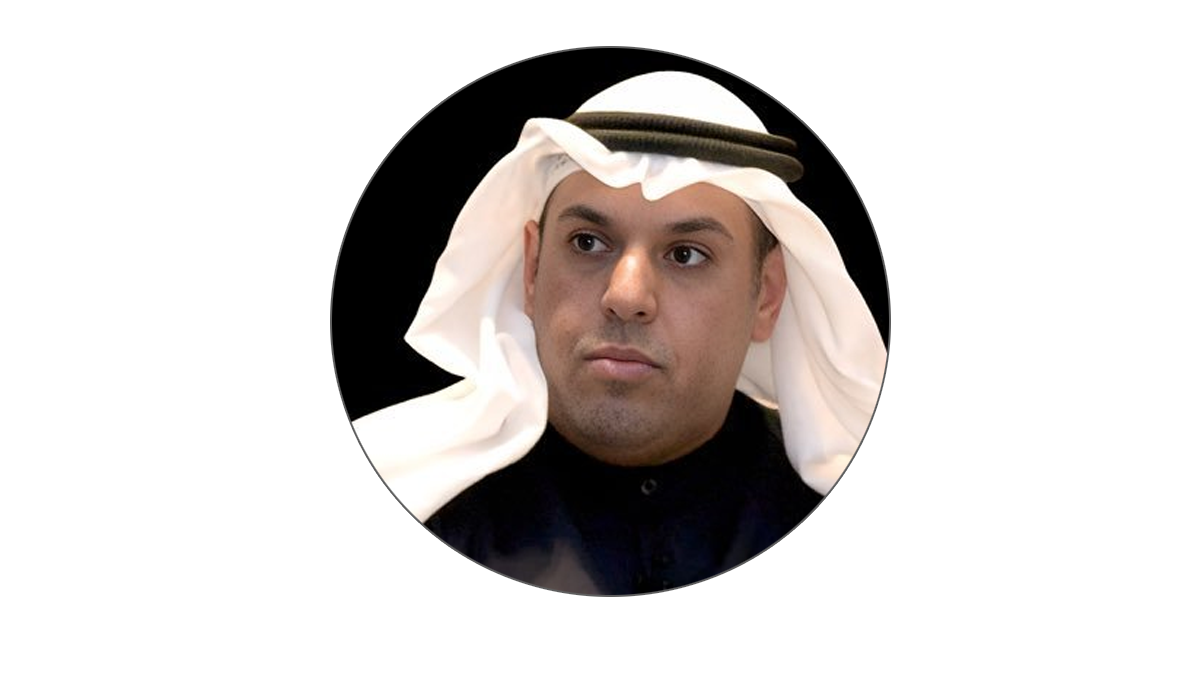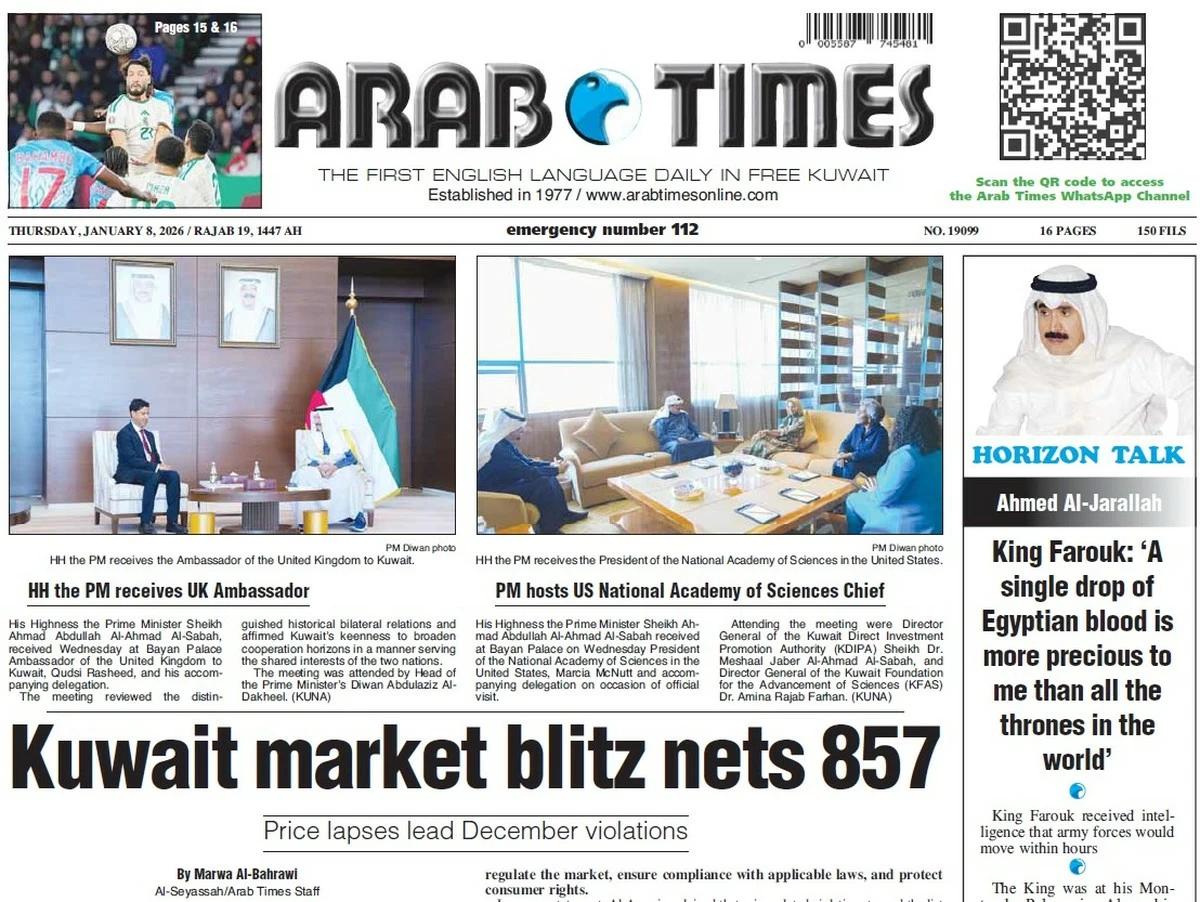30/10/2025
30/10/2025

If Americans can still turn to a man in his mid-nineties for lessons and inspiration, why should Kuwait not do the same? Where are our own elder statesmen— those who witnessed independence in 1961, endured the invasion of 1990, and navigated the turbulence after Iraq in 2003? Their absence is more than silence; it weakens our national memory.
Their voices are not a luxury but a necessity. They carry the lived experience of guiding institutions through difficult times and of navigating moments when stability was at risk. They know that calm on the surface does not always mean true security, and that a sudden loss of balance can quickly bring serious peril. They can link past to present and foresee future risks with the perspective of those who once managed national responsibilities under intense pressure.
This is why Kuwait must carve out a special space for them. While public debate is often constrained by rules and sensitivities, these men and women must be allowed to speak with a freedom not granted to others. Their critiques, their warnings, and their predictions are precisely what can prevent avoidable crises. It is the responsibility of the Council of Ministers to provide them with that platform and to show the patience that truth sometimes demands. For the bitter honesty of those who care, however uncomfortable, is far less painful than the silence that leaves a country blindsided by problems it might have avoided.


